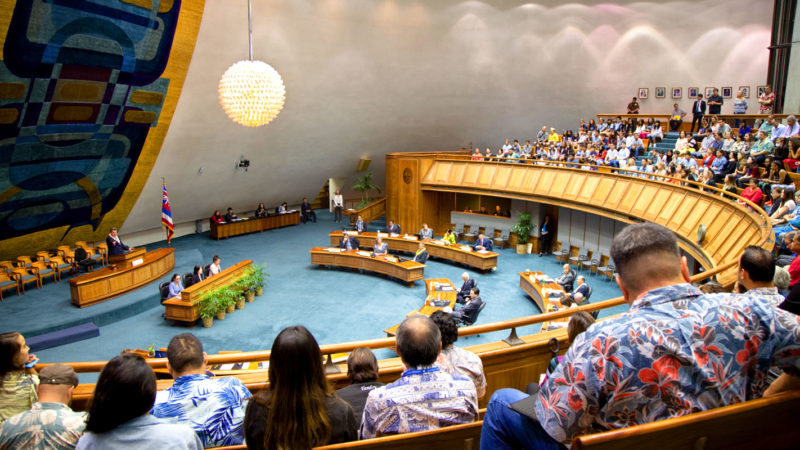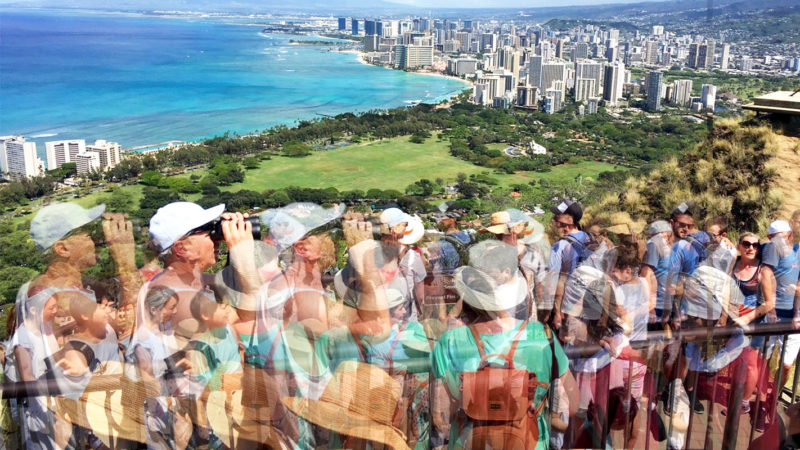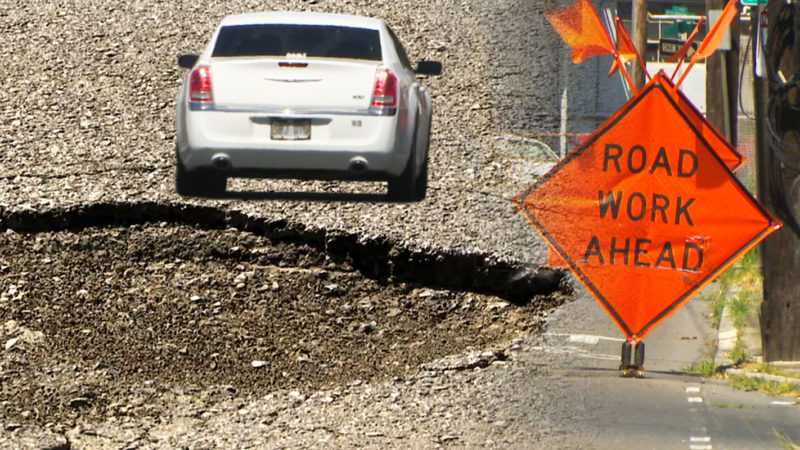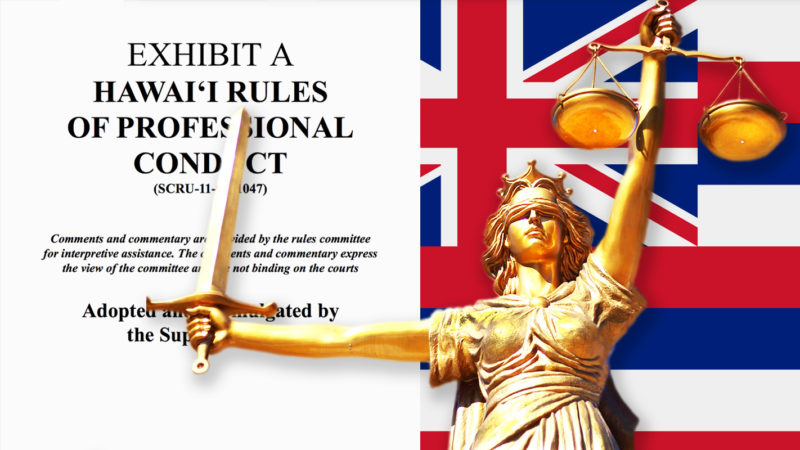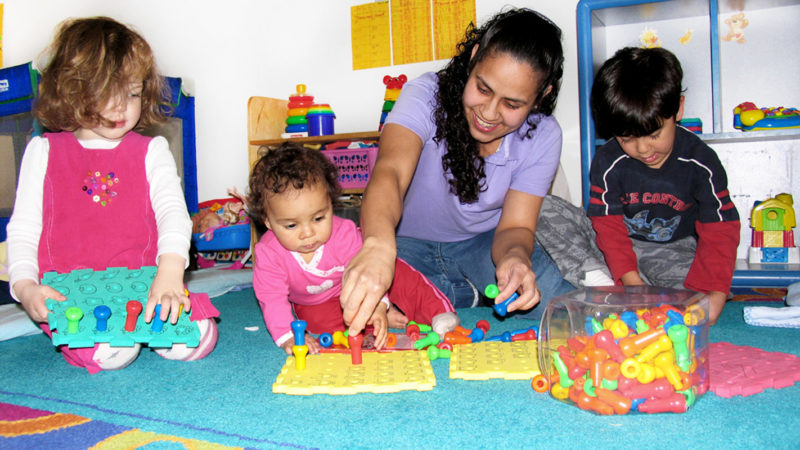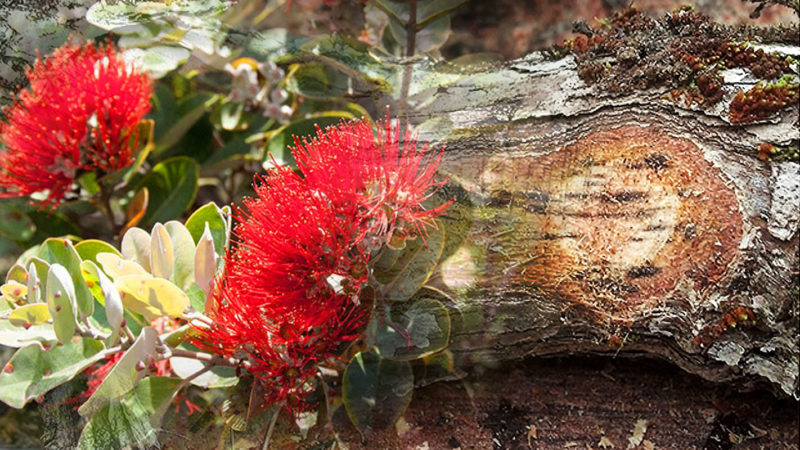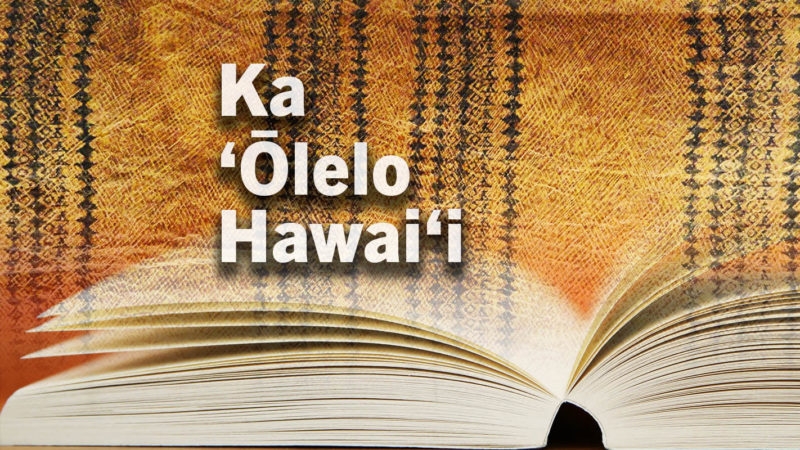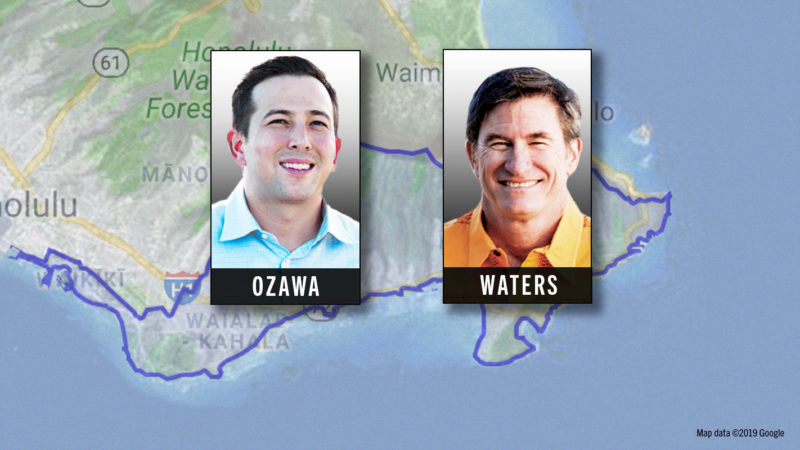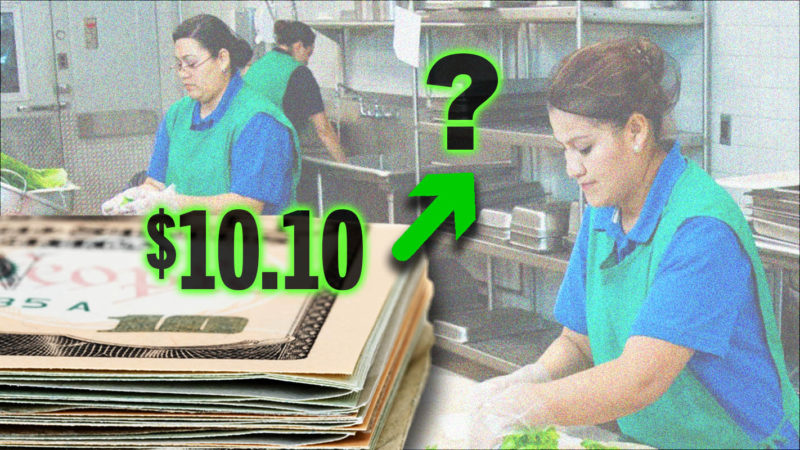State lawmakers went into this year’s legislative session with bills regarding prison reform, loosening marijuana laws, raising the minimum wage, plastic waste, disaster relief, more money for schools and resolving water rights issues across the state.
Hawaiʻi’s tourist industry is thriving. Last year, nearly 10 million visitors spent almost 18 billion dollars here, according to the Hawaiʻi Tourism Authority. However, many residents complain of beaches and trails being overrun, and of the wear and tear on Hawaiʻi’s infrastructure.
Road construction, highway maintenance, potholes and traffic congestion are all elements said to contribute to Hawaiʻi consistently getting a low or failing grade in nationwide surveys on roads. What can be done about this situation? Join the conversation on Failing the Road Test on the next INSIGHTS ON PBS HAWAI‘I.
The Hawaiʻi Supreme Court oversees licensed attorneys in our state and establishes rules governing duties, fairness, communication, truthfulness and respect. The rules state that in Hawaiʻi a lawyer is “a public citizen having special responsibility for the quality of justice” – and there are consequences for attorneys who violate those rules.
Caring for our keiki is pricey. A recent study says Hawai‘i families pay an average of $700 to nearly $2,000 per month for child care. And that’s if parents can find space at licensed childcare centers – where supply is far short of demand.
The ʻōhiʻa tree, with its companion lehua blossom, is found only in Hawaiʻi, and is the most common of our Islands’ native trees. It is the keystone of the Hawaiʻi forest, critical to the ecology of our watersheds and sacred in Hawaiian culture.
Ka ʻŌlelo Hawaiʻi, the Hawaiian language, once forbidden in schools and nearly lost, is flourishing again in these Islands. In 1978, it became the official state language along with English. It lives in song, in books, in the daily lives of Hawai‘i residents and in schools dedicated to perpetuating native culture.
We know literacy as reading and writing, but it has become so much more. Literacy enables people, especially our keiki, to understand concepts and ideas and express opinions. Importantly, literacy allows them to grasp knowledge needed to meet the demands of today’s rapidly changing world.
Voters in East Honolulu from Hawai‘i Kai to Waikīkī will once again have an opportunity to cast ballots for either Trevor Ozawa or Tommy Waters in a special election on April 13 for Honolulu City Council District 4.
Hawaiʻi’s minimum wage is $10.10 per hour, which is more than the minimum pay in more than 30 other states. The cost of living in our island state is the highest in the country, with housing leading the way.


